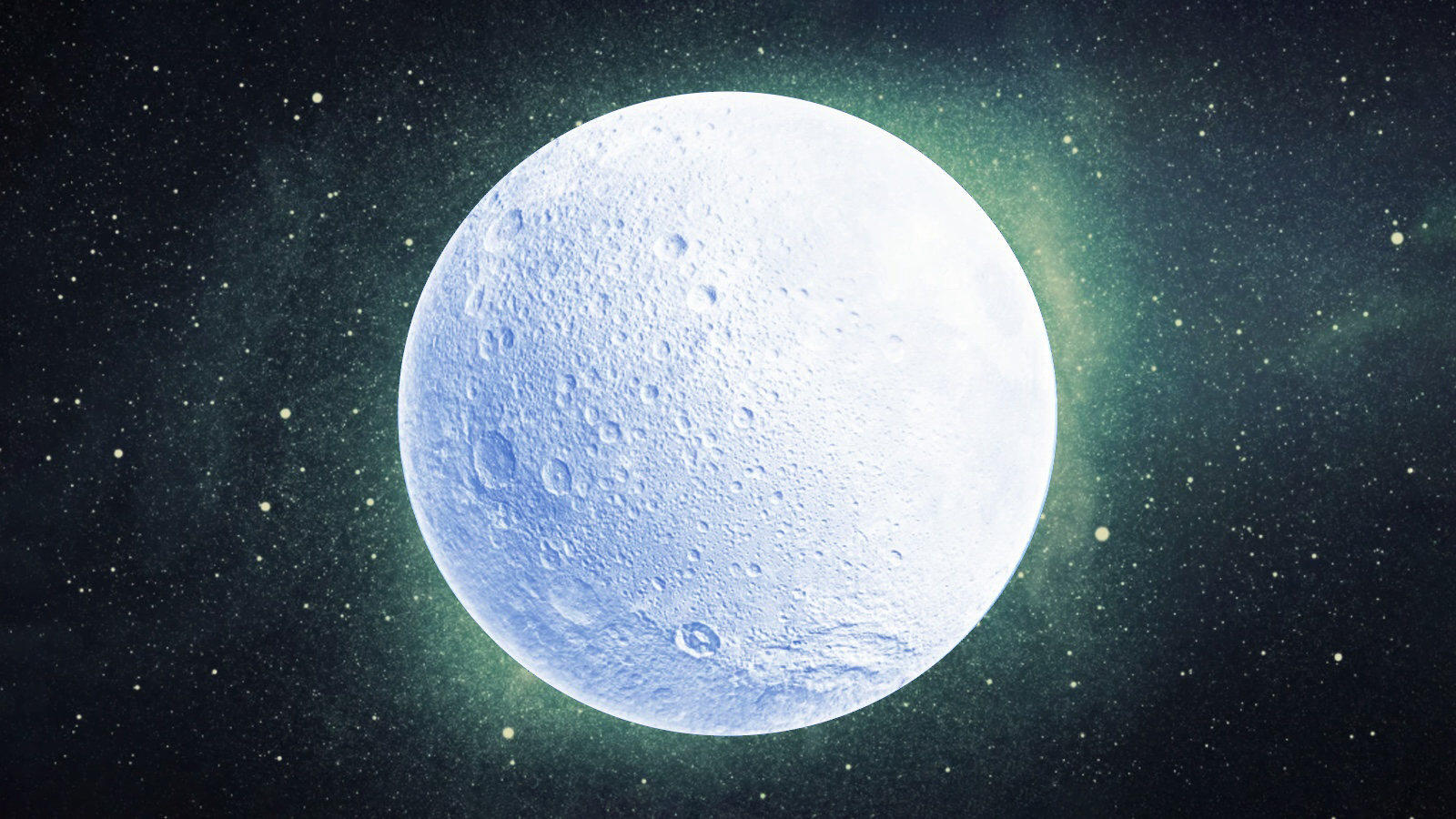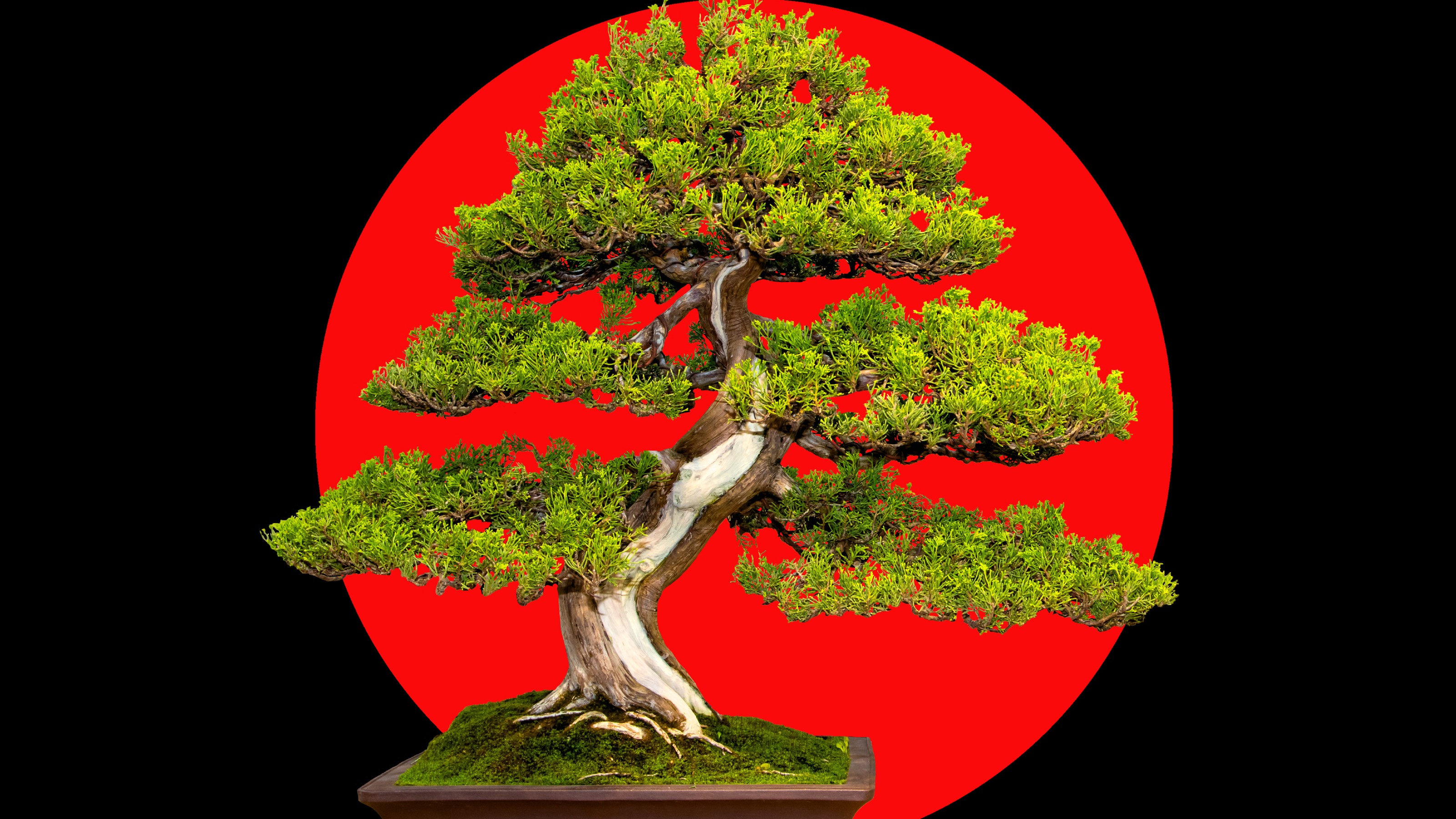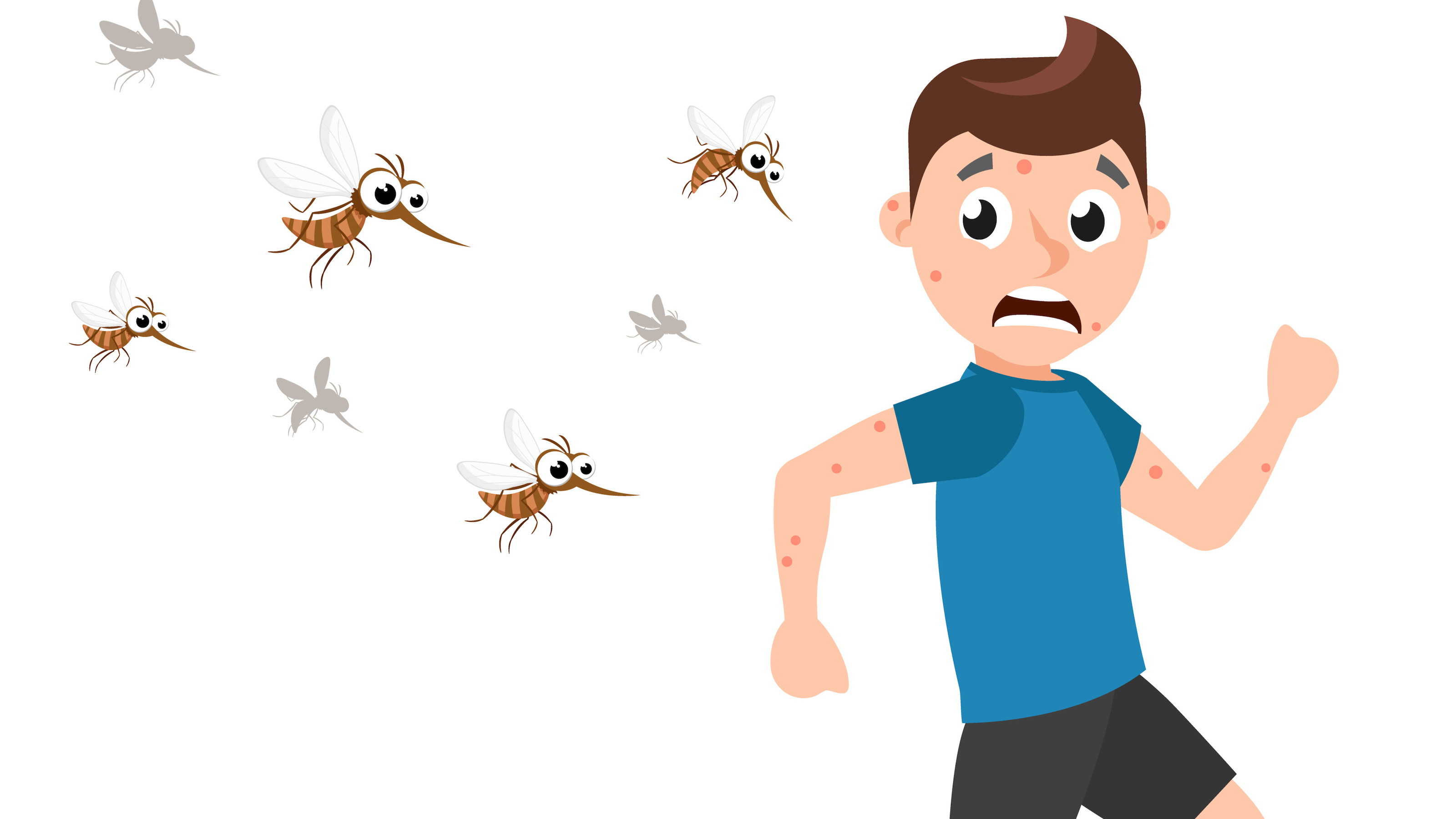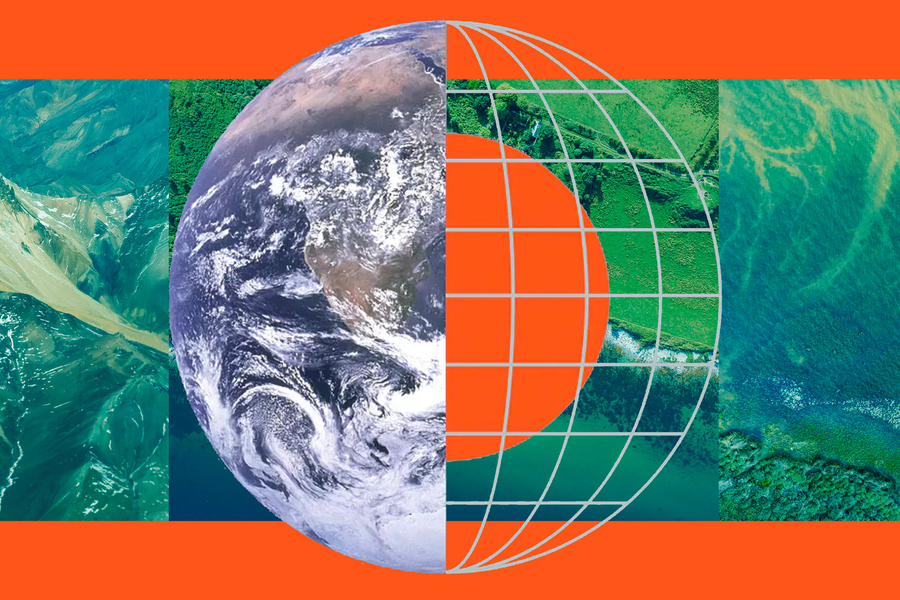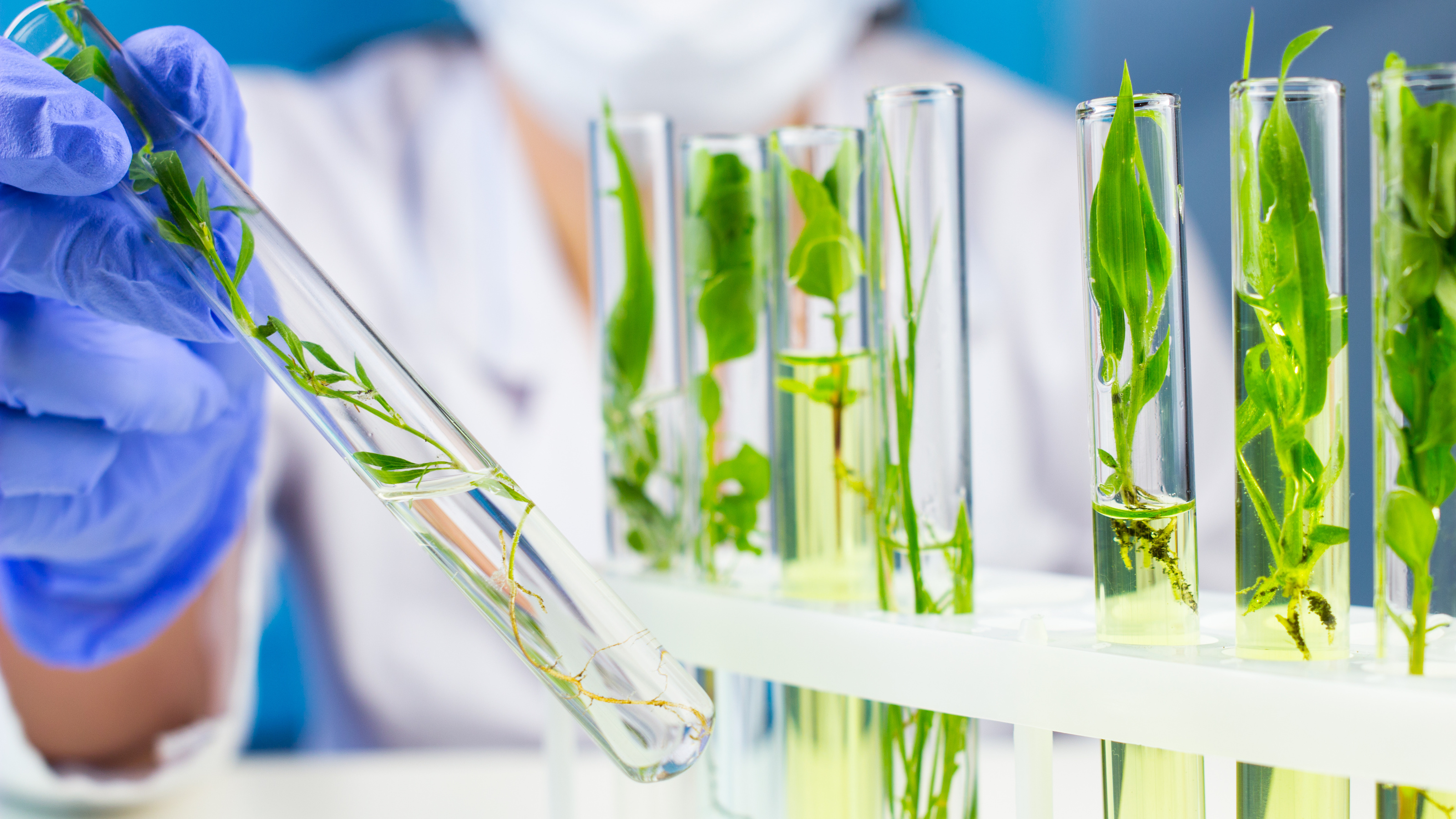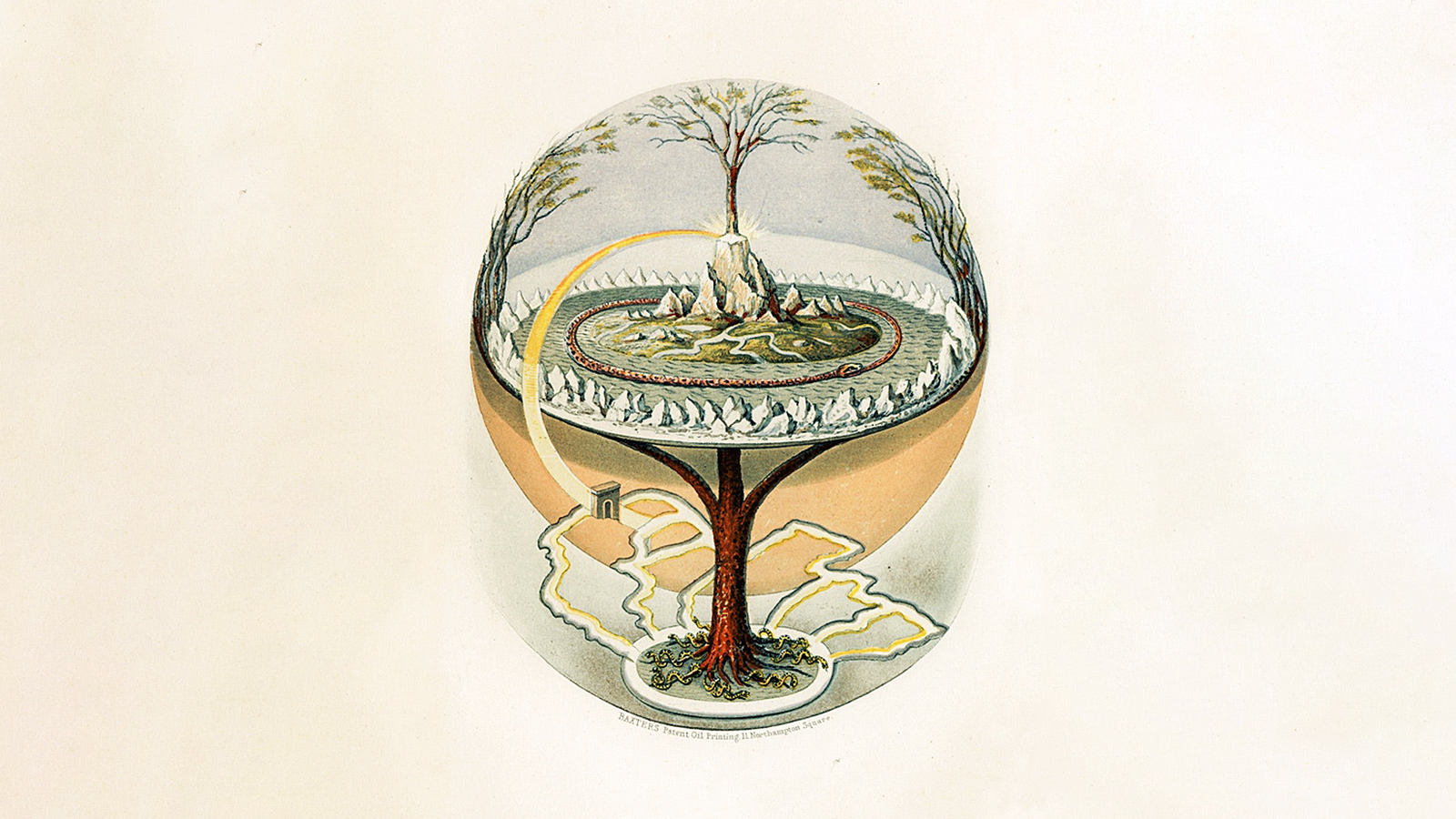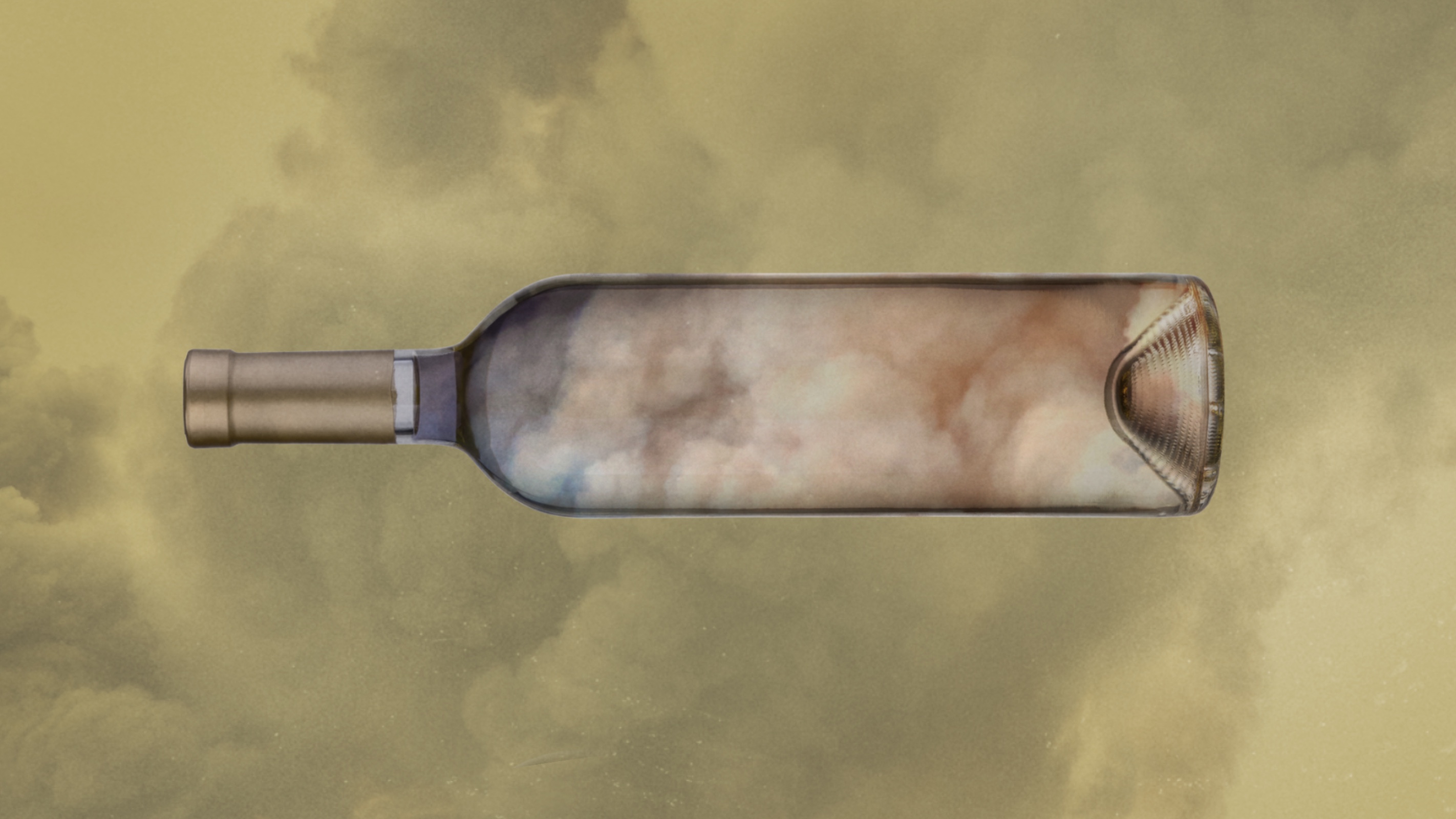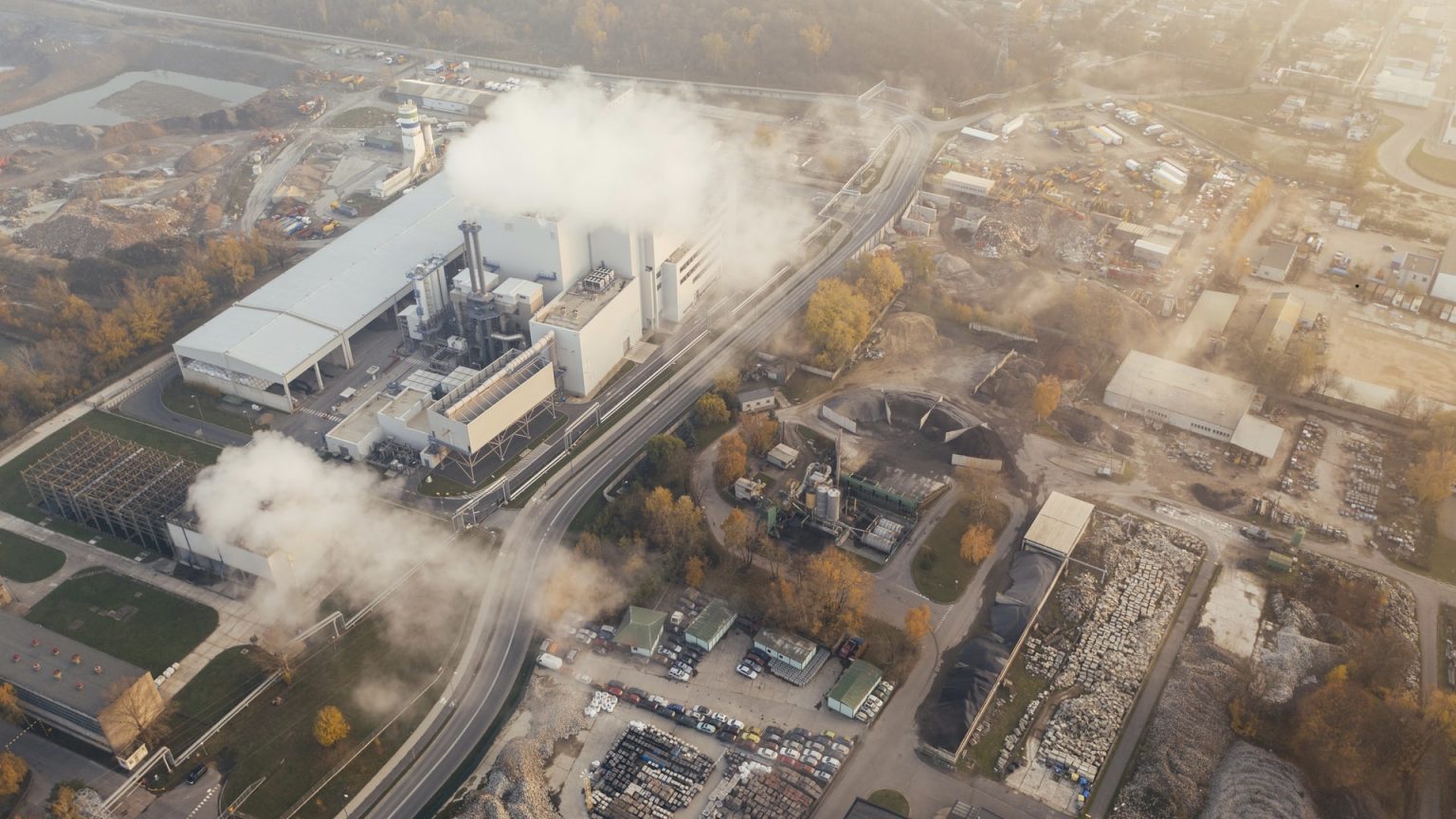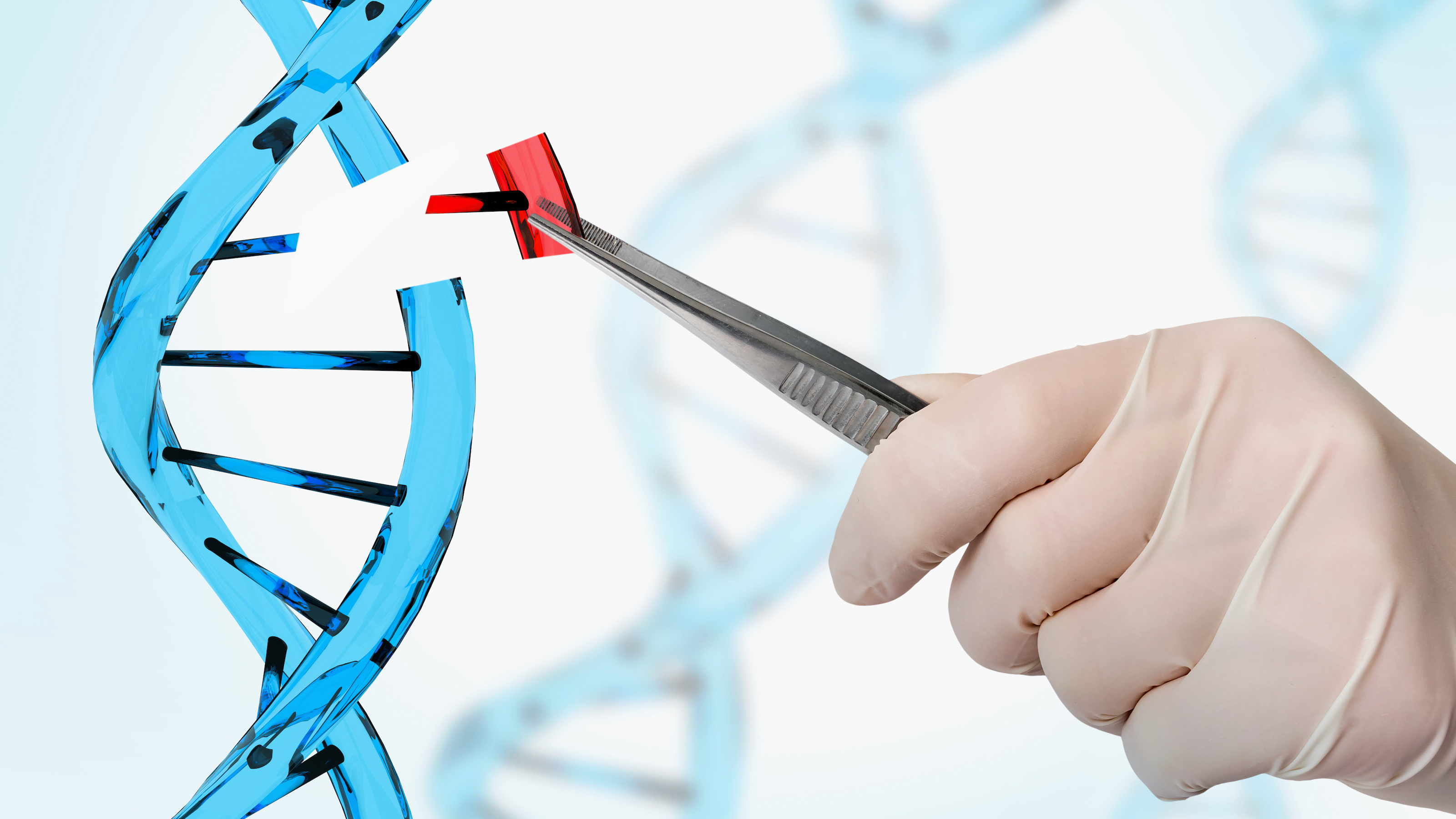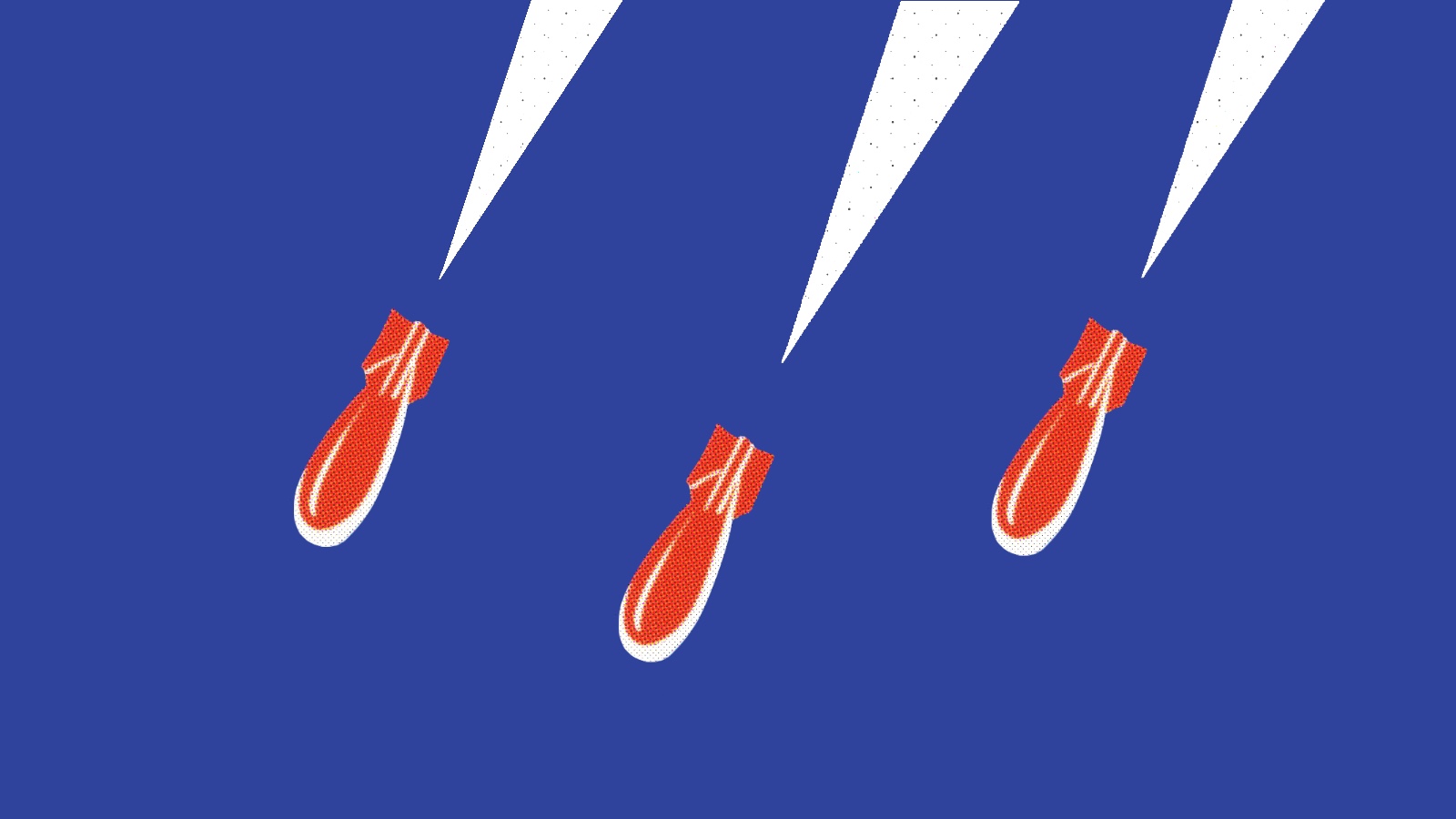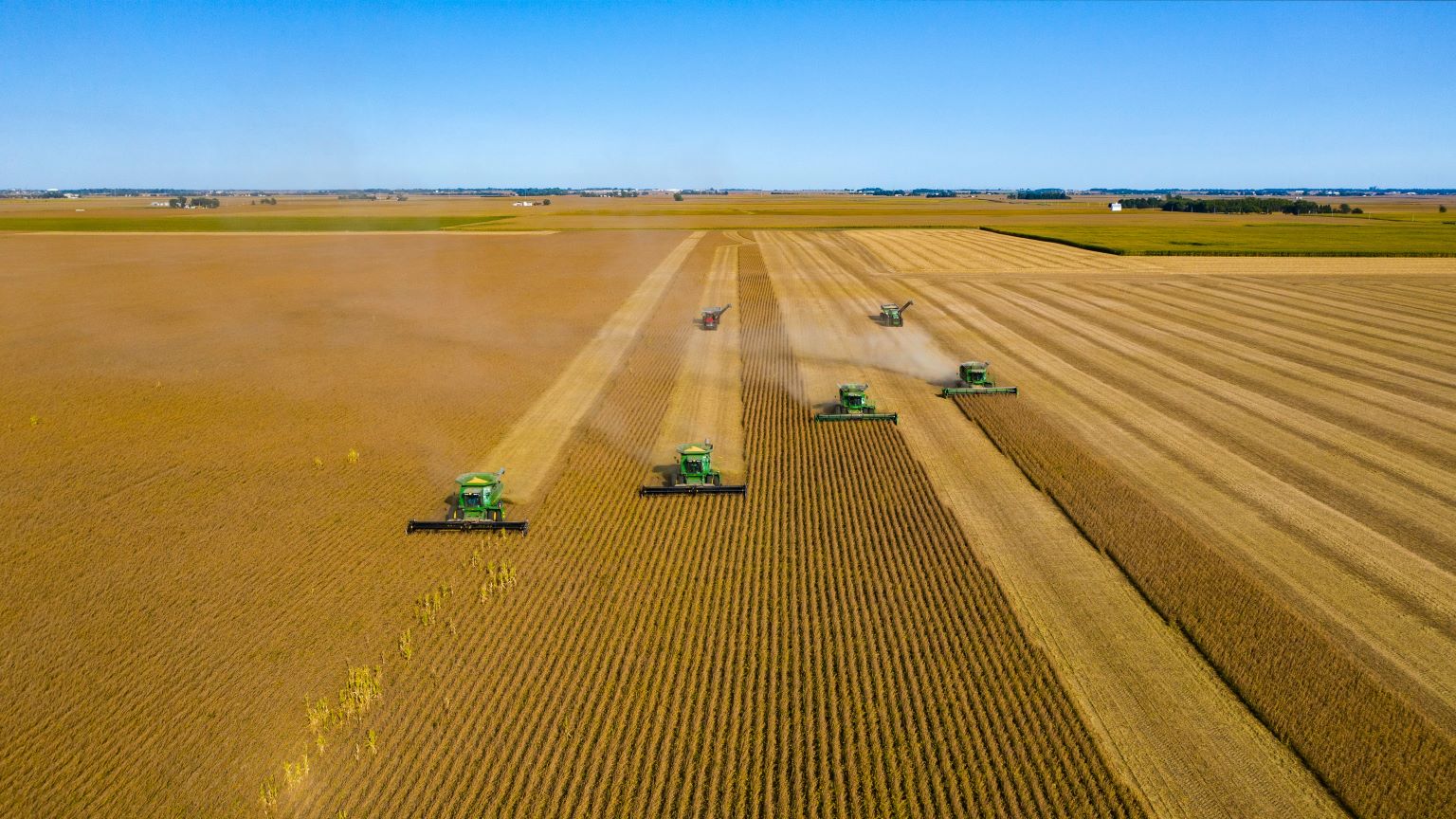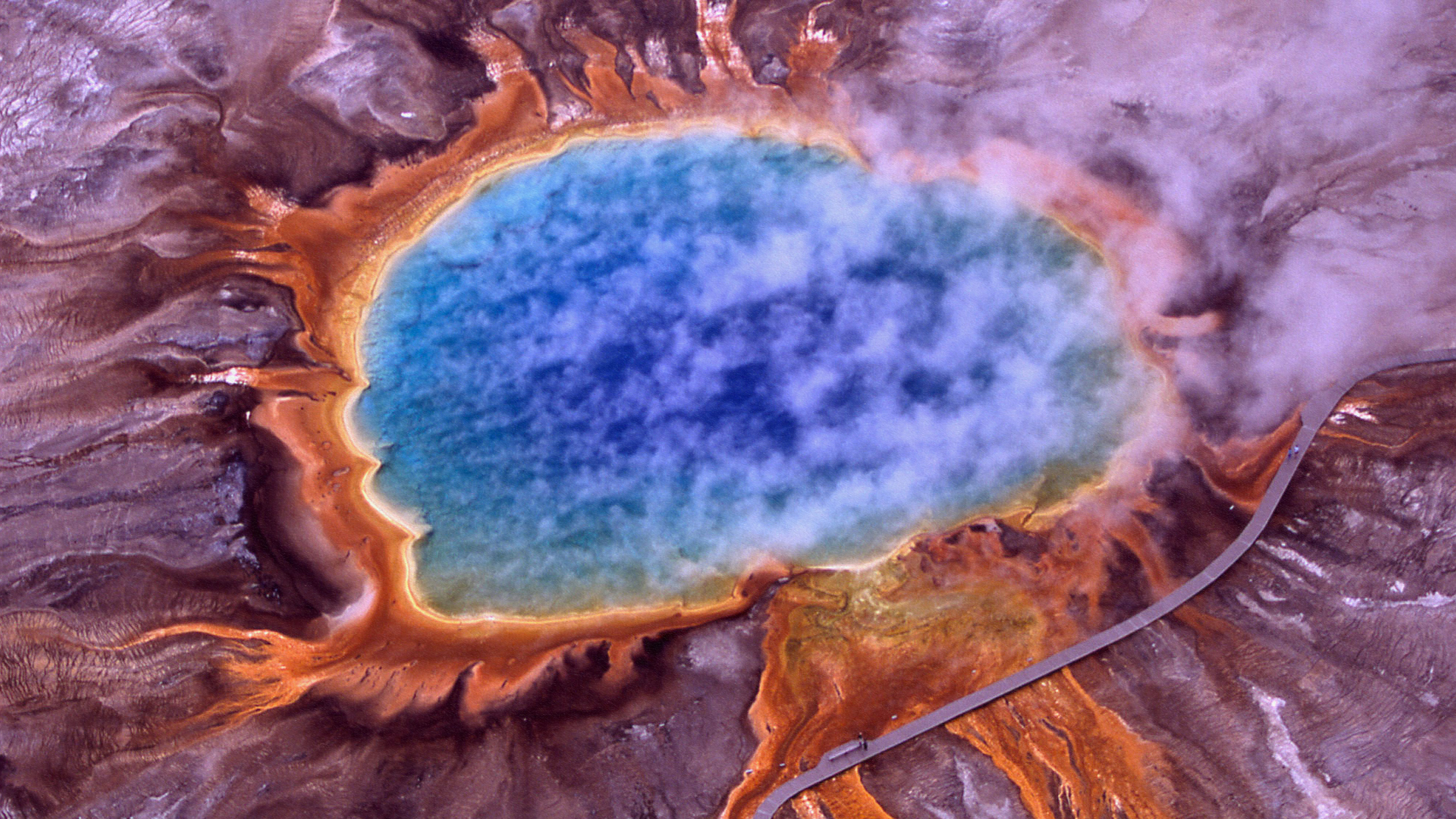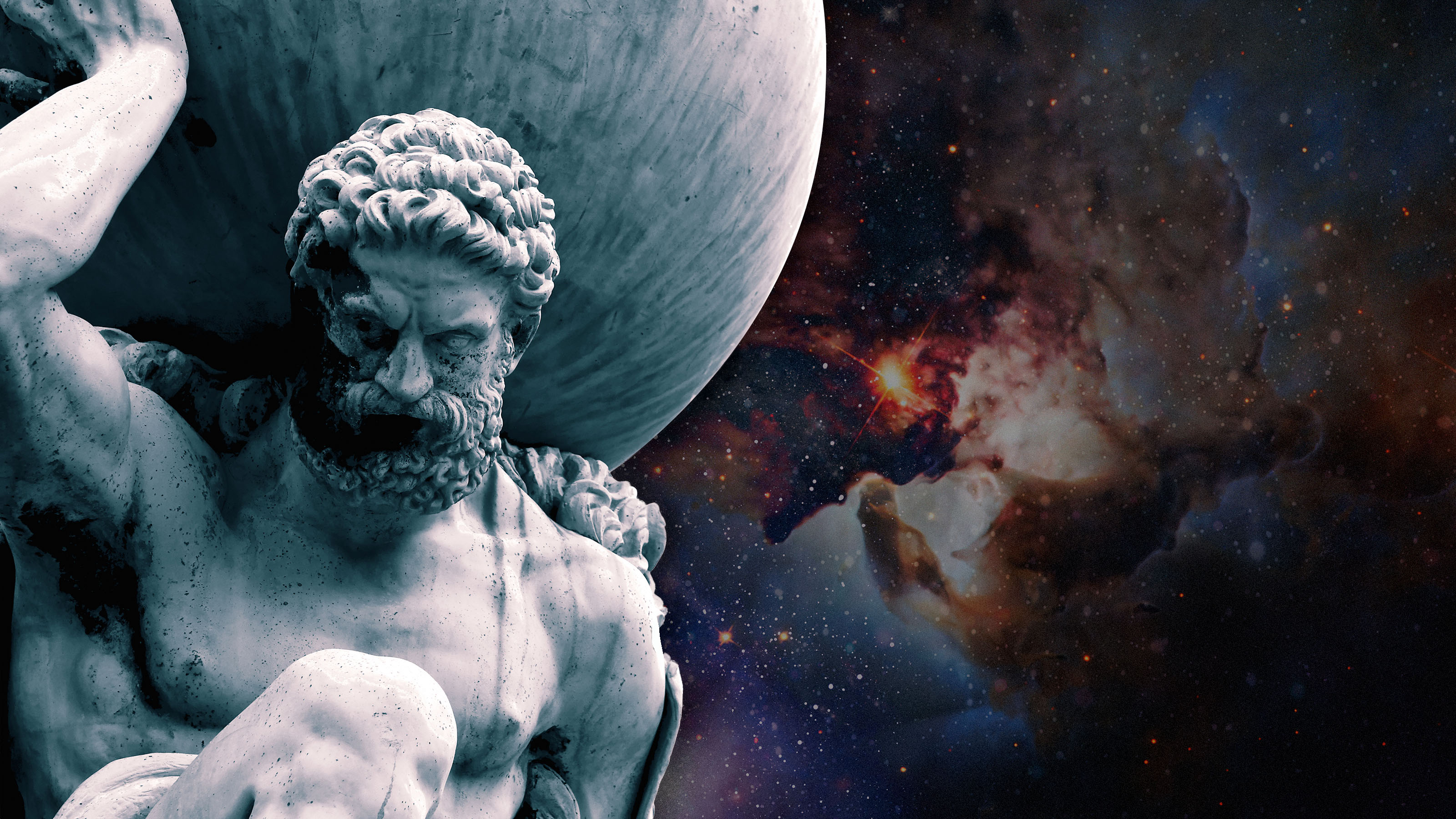Anesthesia causes animals and humans to lose consciousness. A study found it has a similar effect on Venus flytraps.
Search Results
You searched for: Plants
The cannabis plant produces both THC – the psychoactive component in marijuana – and the compound commonly known as CBD, which does not lead to a "high."
Lab-grown meat may work better as a complement to animal agriculture rather than a replacement of it.
Unfortunately, the Lunar Ark project is an idea more at home in science fiction than science fact.
To be successful at bonsai cultivation, you must acquire the perseverance and unconditional kindness normally reserved for devout monks.
Goodbye, Arabica? Learn to love Liberica.
Former Yale professor Dr. Morgan Levine shares 3 ways to change your diet to extend your life.
▸
5 min
—
with
The good news is that it can be countered with acne medication.
“I thought, why not direct these high-power beams, instead of into fusion plasma, down into rock and vaporize the hole?”
Photosynthesis is powerful but very inefficient. Humans can improve on this biochemical process to help the planet.
The pattern 1, 1, 2, 3, 5, 8, 13, etc., is the Fibonacci sequence. It shows up all over nature. But what's the full explanation behind it?
According to Peter Ward's "Medea hypothesis," photosynthesizing organisms regularly doom most life on Earth by over-consuming carbon dioxide.
De-urbanized lifestyles can be aligned with basic Taoist principles — and remote workers are starting to feel the connection.
Scientists have been chasing the dream of harnessing the reactions that power the Sun since the dawn of the atomic era. Interest, and investment, in the carbon-free energy source is heating up.
Smoke taint from wildfires is gross, even to wine amateurs.
Here’s how it works.
From synthetic biology to xenotransplantation, biotech will continue to march forward in 2023, in part powered by data and AI.
Plagues, war, and genocide were literally frozen in time.
An effect called the "urban heat island" means that temperatures are often 10 degrees higher in cities, according to NASA.
Sometimes called “the new gold,” sand is the second most exploited natural resource in the world after fresh water.
Only 1% of corn grown is the U.S. is the type that people eat.
With such a vast Universe and raw ingredients that seem to be everywhere, could it really be possible that humanity is truly alone?
Since our arrival, humans have driven a seven-fold drop in the mass of wild land mammals.
Most electric car charging is done at night. A grid powered mostly by renewable energy might not be able to meet demand, but there is a solution.
Ironically, the company did so using technology perfected by the oil industry.
Based on product labeling claims, scientists hypothesized that green cleaners were less toxic. They were wrong.
An innovation's value is found between the technophile’s promises and the Luddite’s doomsday scenarios.
In 1924, sociologist and social reformer Caroline Bartlett Crane designed an award-winning tiny home in Kalamazoo, Michigan.




